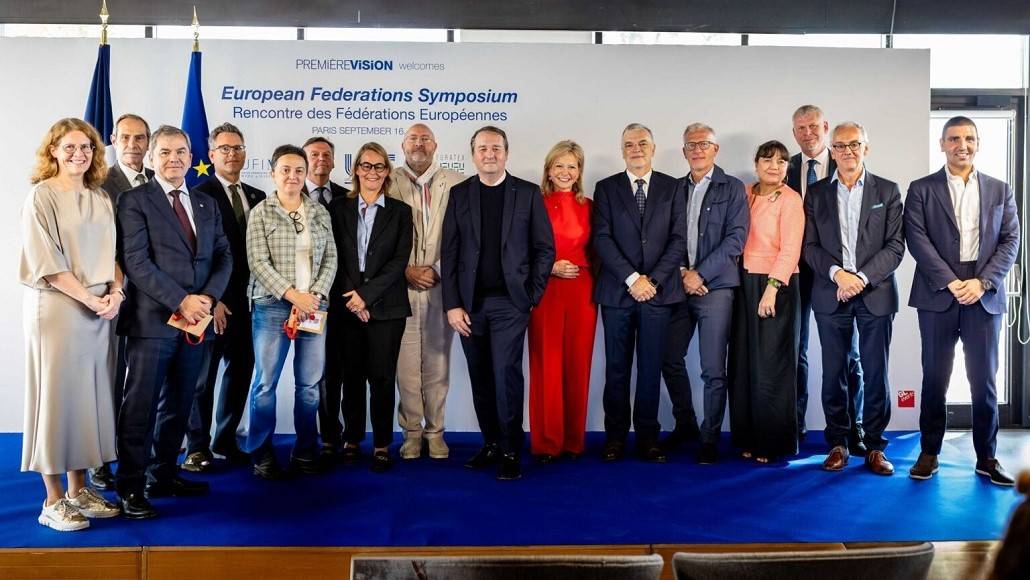VILLEPINTE, France — September 16, 2025 — During the Première Vision trade fair held in Villepinte, leading European textile and clothing federations issued a critical appeal for immediate action against the alarming growth of ultra-fast fashion.
This retail model, largely propelled by major e-commerce platforms outside Europe, accounted for an astonishing 4.5 billion imported parcels within the European Union in 2024, representing 5% of total clothing sales, with 20% of those sales occurring online. The sector continues to expand at an unprecedented rate.
The federations caution that this trend poses several serious threats:
-
A surge in textile waste resulting from the excessive production of items with very short lifespans.
-
Intense pressures on European small and medium-sized enterprises (SMEs) that adhere to rigorous social and environmental standards.
-
A direct threat to local shops, furthering the decline of city centers.
-
Activities that violate European regulations, including VAT fraud, counterfeiting, and unfair competition.
Key Demands
In light of these concerns, the federations are urging European institutions and Member States to take prompt action to:
-
Implement reforms to the European Customs Code approved on June 27, 2025.
-
Strengthen oversight and penalties through the Digital Services Act (DSA) and Digital Markets Act (DMA).
-
Mandate e-commerce platforms to designate legally responsible representatives for accountability.
-
Introduce taxation on small parcels and eliminate customs duty exemptions for items under €150.
-
Ensure VAT collection on these substantial import volumes.
-
Initiate discussions with Chinese authorities to regulate the operations of their e-commerce platforms.
European consumers are encouraged to choose lasting products and support companies committed to quality and innovation.
An Unprecedented European Coalition
This joint declaration has been endorsed by:
-
Euratex – The European Apparel and Textile Confederation
-
UFIMH – Union française des Industries de la mode et de l’Habillement
-
UIT – Union des Industries Textiles, Confindustria Moda (Italy)
-
Fedustria (Belgium)
-
Atok (Czech Republic)
-
DM&T – Danish Fashion & Textile (Denmark)
-
Finnish Textile & Fashion (Finland)
-
Textil+Mode (Germany)
-
SEPEE – Hellenic Fashion Industry Association (Greece)
-
LATIA – Lithuanian Apparel & Textile Industry Association (Lithuania)
-
Modint (The Netherlands)
-
ATP – Associação Têxtil e Vestuário de Portugal (Portugal)
-
Chamber of Commerce and Industry of Serbia (Serbia)
-
Consejo Intertextil Español (Spain)
-
Swiss Textiles (Switzerland)
-
WKO – Fachverband der Textil-, Bekleidungs-, Schuh- und Lederindustrie (Austria)
-
Anivec Apiv (Portugal)
-
TEKO – Sveriges Textil- & Modeföretag (Sweden)
-
Creamoda – Belgian Fashion (Belgium)
-
Alliance for European Flax-Linen & Hemp (European alliance of flax and hemp)
-
PIOT – Federation of Apparel & Textiles Industry Employers (Poland)
A Call to Action
“Ultra-fast fashion cannot become the new standard. The European Union has both the capacity and the responsibility to act swiftly to safeguard its businesses, workers, and the environment,” stated the declaration from the European textile and clothing federations.

































